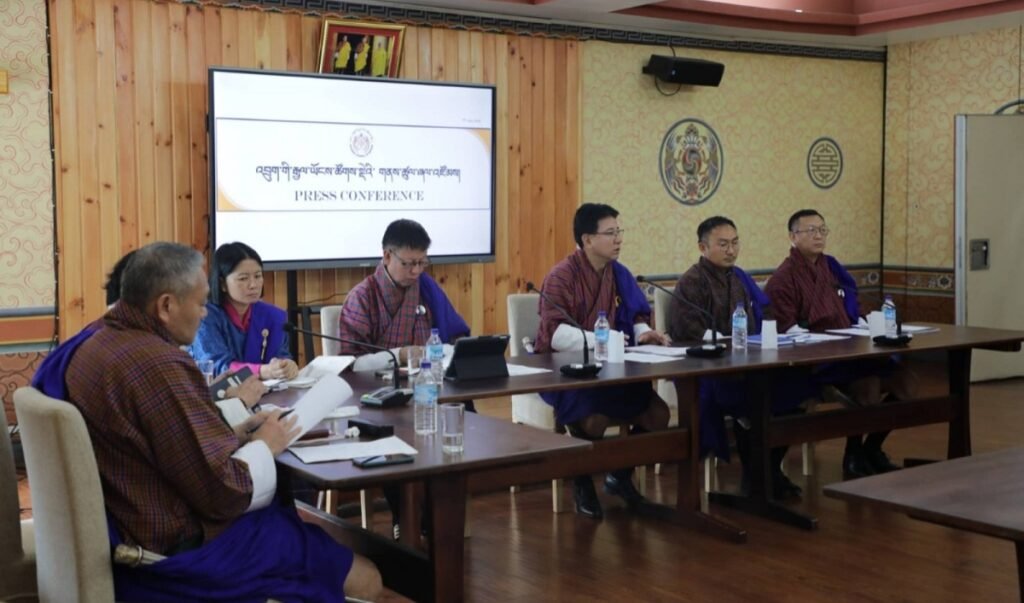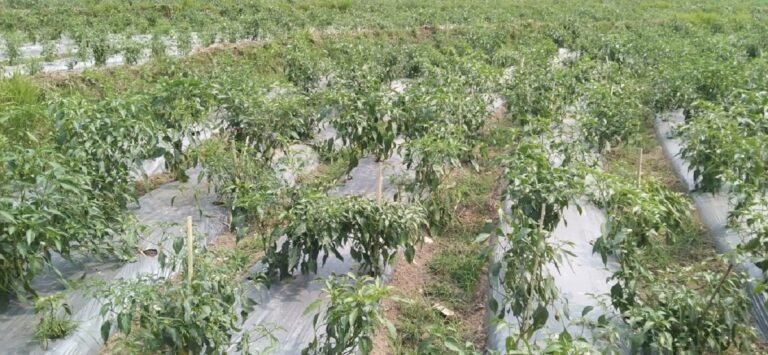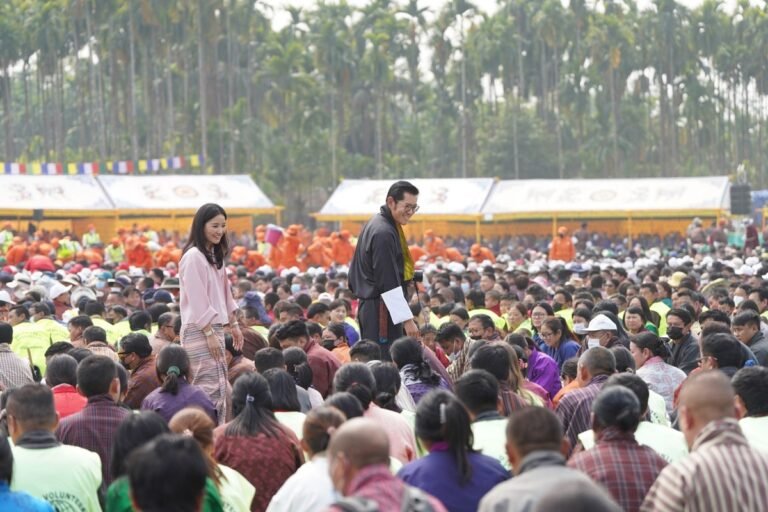
Bhutan’s interest rate policy should be reviewed, according to the NC Economic Affairs Committee, in order to increase rural credit availability. The NC was given the report on rural credit access by the committee chairwoman. Rural credit rose to Nu 2,270.20 million in 2021, but then fell precipitously to Nu 797.18 million and Nu 3736.56 million in 2023 and 2024, possibly as a result of changing objectives or financial limitations. According to Tshewang Rinchen, the loans are costly for rural residents with little resources. This makes it more difficult to invest in rural small enterprises and agriculture.
To maintain equity, the Committee suggested that the government examine and modify its interest rate regulations. According to Tshewang Rinchen, the government ought to investigate methods of reducing interest rates, such putting money or liquidity into banks. He said that out of all the South Asian nations, Bhutan has the highest interest rates. Some microfinance organizations charged interest rates as high as 24 percent, according to Bumthang MP Kencho Tshering, who also recommended that interest rates be set after consulting the central bank.
According to Tshewang Rinchen, rural farmers anticipate that lenders would modify loan amounts in light of rising land values. The Committee suggested a number of actions to address these issues, such as lowering loan disbursement turnaround times, introducing rural-focused source assessments, improving financial education, lowering loan ceilings, providing concessions for education loans, and guaranteeing a sufficient supply of rural credit.
On November 27, 2024, NC will resume its discussion of the suggestions made by the Economic Affairs Committee.



